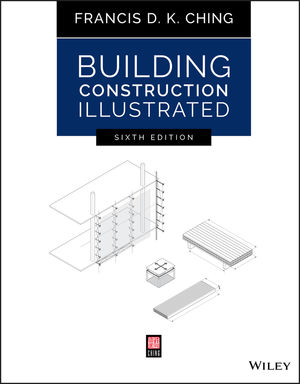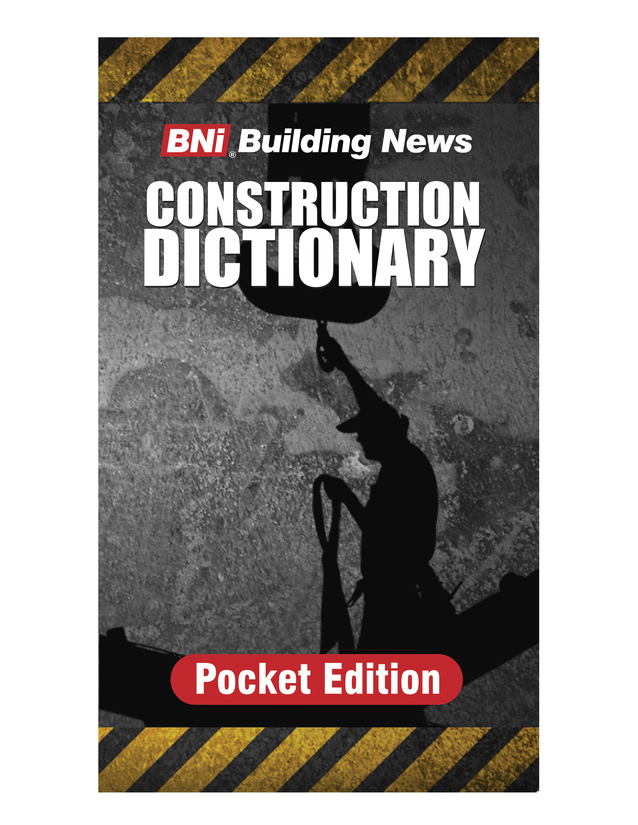Online Construction-Degree Programs Gain, But Some Educators Worry About Content
As construction professionals struggle to balance shifting industry markets, not to mention their own workplaces and home lives, finding time to bolster or change career directions is tougher than ever. Many are finding online construction- management and construction-technology degree programs a more efficient way to gain needed education or credentials to get ahead than traditional college classrooms. But academic providers worry some online-only programs may have more promotional sizzle than content meat.
 |
| FLETCHER |
One new online provider seeking new students—and investors—is the Institute of Construction Management & Technology (ICMT), a Phoenix-based online program now entering its second year of operation. The school now has 100 students seeking undergraduate and graduate degrees in construction management and construction technology as well as 13 specialized certificates, claims Steve Cooper, president and CEO. ICMT touts an average undergraduate per-course price of about $300, with a BS degree costing $6,000.
The program is geared primarily to the homebuilding sector but is branching into construction MBA degrees, overseas study and green construction. Cooper says two-thirds of current students are in graduate programs.
ICMT has a provisional license from a state board that monitors privately run secondary-education providers that grant degrees, but it has no accreditation, says Terri Candelaria, board executive director. Cooper says the program must be open two years before it can seek accreditation as an independent college and as a CM degree provider. The program is also trying to woo private-equity investors.
 Institute of Construction Management & Technology Online program coordinated site visit for high school students.
|
Cooper says ICMT faculty all have graduate degrees and “relevant experience in industry.” Lead instructor Dave Bruckheimer has degrees in psychology and education but is a personnel safety manager for small contractors in Hampton, Va. “We don’t pretend to make engineers or surveyors out of anyone, but there’s enough content here to familiarize students with what needs to be done. Adult learners have an exact idea of where they want to go.”
Barbara Botkin, a project architect at SFCS Inc., Roanoke, Va., now pursuing a CM degree through ICMT’s online program, says the experience has helped her better understand the contractor’s perspective. She says that despite the lack of face-to-face interaction, her professors and fellow students are readily acces-sible by e-mail or cell phone. Botkin says the program gives her credit for work experience and includes instruction in writing, math and Spanish to better manage Hispanic craftworkers on site. “The appealing part is that I can do this on my time,” she says. “I know what I need to get done and the time I have to do it in.”
 |
But CM educators are concerned that ICMT’s Website provides browsers with only a very limited view of its instructional content, its courses have not been peer-reviewed, and its faculty have less- than-stellar teaching credentials. “It’s smoke and mirrors,” says one official of the American Council on Construction Education, which accredits CM schools. Bill Badger, former head of the Del E. Webb School of Construction at Arizona State University, the largest U.S. CM program, says the ICMT faculty roster “is not impressive.”
While such programs are new competition for traditional schools, more are offering graduate CM courses and degrees online. The University of Southern Mississippi, Hattiesburg, has the country’s first fully accredited online BS degree in engineering technology, says coordinator Desmond Fletcher. Begun in 2005 to serve a local U.S. Navy population, the program now has 210 students, he says. Only 10% are enrolled fully on- line, but more take a mix of online and classroom instruction, which he believes is a better learning formula.






